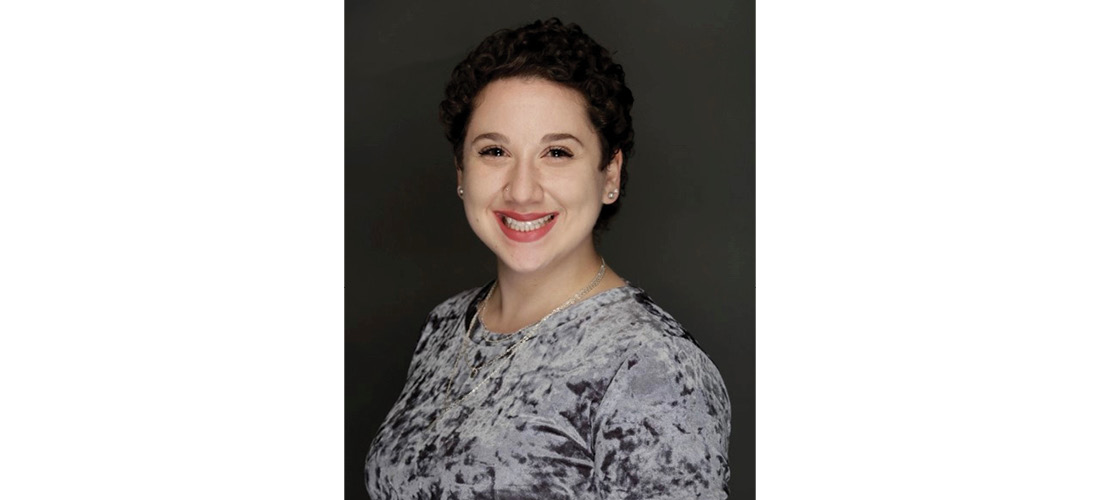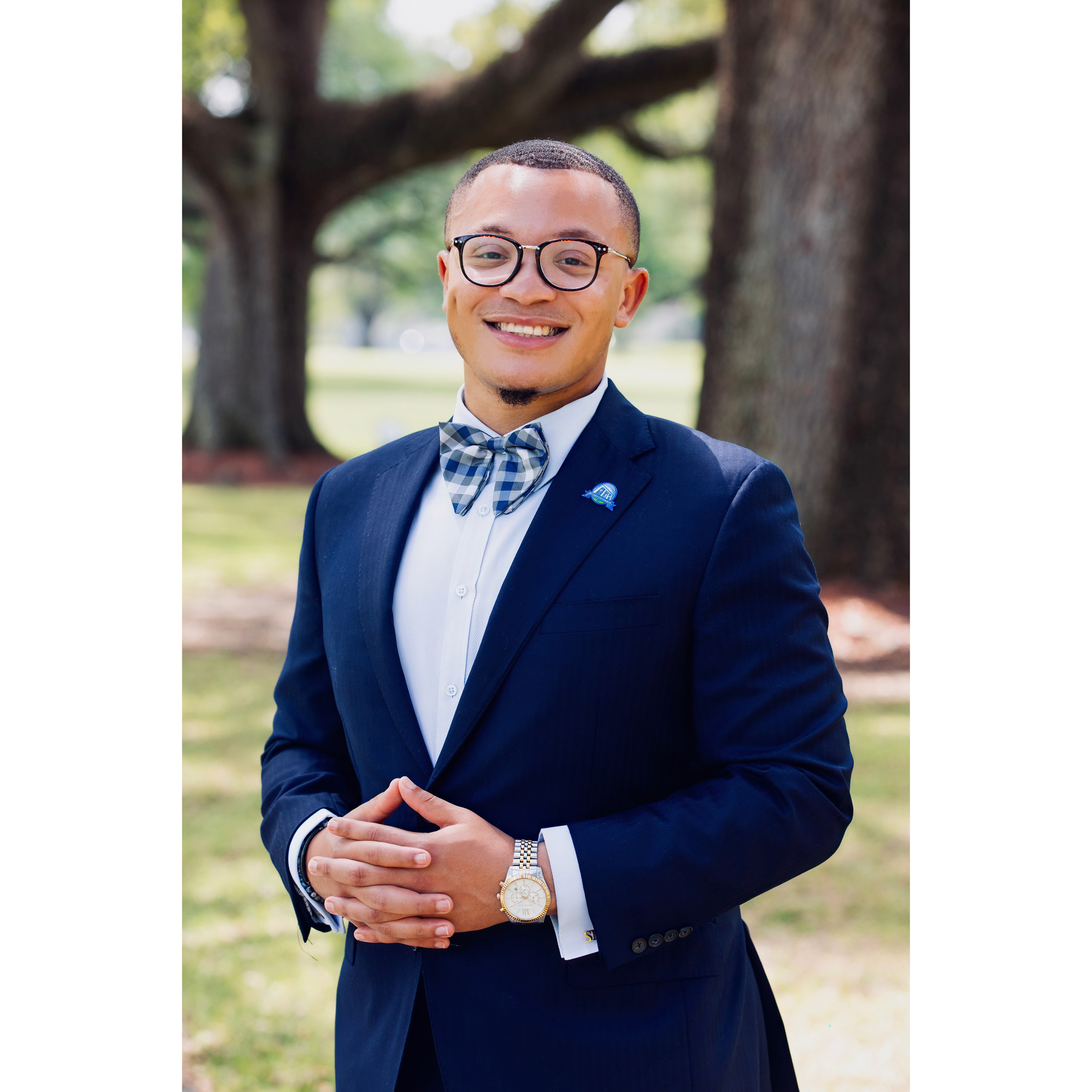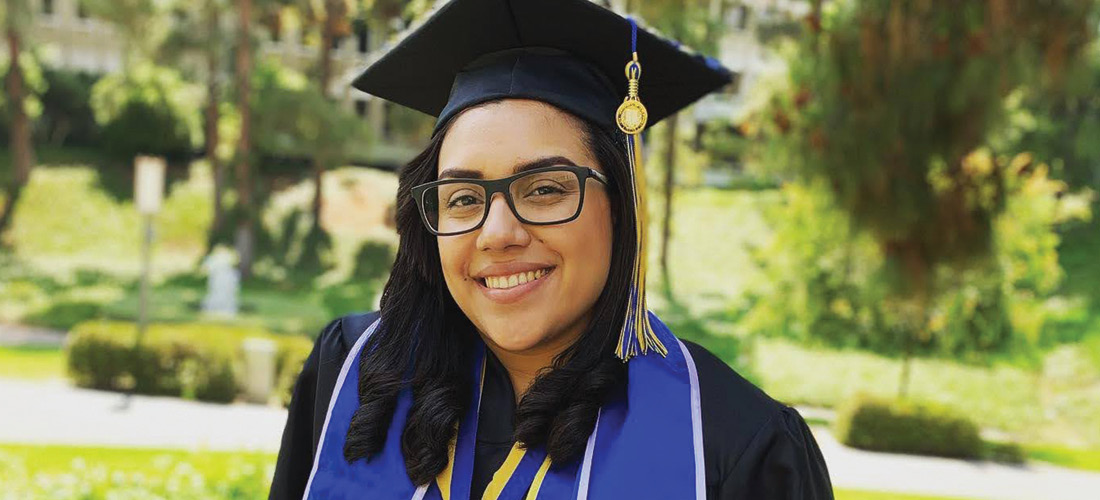
In terms of big life choices, deciding where to attend law school may be in the top 5 for aspiring attorneys. Most face the prospect of taking on significant debt to pay tuition and living expenses, along with the stress of selecting a school they think will lead to the best job opportunities and not knowing if it will be easy to make friends where they land.
For many, the U.S. News & World Report annual law school rankings played a significant role in their decisions—despite longtime criticism from many in legal academia who advise applicants not to rely on the rankings.
Established in 1987, the rankings have historically been able to make or break a law school’s reputation and driven the hiring decisions of elite firms, many of which would hire new lawyers only from top-ranked schools.
But in 2023, rankings critics finally may have gotten their wish: Law school applicants relied less on the list because it was not published until May, and many by then already had taken acceptance offers, which usually arrive between December and April.
A rankings boycott by some law schools, methodology changes and then quibbles about those changes—including some complaints from schools that boycotted the rankings—led to the publishing delay.
Without fresh rankings, three soon-to-be 1Ls interviewed by the ABA Journal engaged in a vibe check of sorts when picking a campus. They still considered the rankings, but just as important to them was whether they clicked with others at admitted-students events and how alums engaged on social media. Famous graduates figured in as well.
Additionally, in place of the rankings, these individuals told the ABA Journal they relied on ABA data, such as employment outcomes as well as online resources like Law School Transparency, an offering of the Law School Admission Council’s LawHub that includes information about tuition, average student debt and conditional scholarships by school. A fair amount of the LSAC data comes from the ABA and is presented in an easy-to-read format.
“It is our goal to provide information helpful to law school applicants, and I am pleased that many are taking advantage of it,” says Bill Adams, the ABA’s managing director of accreditation and legal education. He adds that the section’s council continues to look for ways it can provide even more useful information in the future.
How much weight the rankings will have with law school applicants going forward remains to be seen, says Aaron Taylor, executive director of AccessLex’s Center for Legal Education Excellence.
The nonprofit organization’s offerings include pipeline programs for undergraduate students thinking about law school and various data options.
“But people want what is the most efficient source, and to a lot of people, it’s the rankings,” Taylor says. “What we do is make the data more usable and accessible for them.”
Being a kid with attention-deficit/hyperactivity disorder and no school accommodations was hard on Lexi Foman’s academic confidence, and because she’d been a “mostly C and B” student in high school, the Brandeis University graduate never dreamed that attending a top 5 law school was a possibility.
That changed in 2020, when she scored 174 out of a possible 180 on the LSAT.
“I didn’t think I was smart until I got to college and started doing well academically. And I honestly thought that was a fluke, which is classic imposter syndrome,” says Foman, who did have accommodations at Brandeis. She graduated with a double major in politics and women’s, gender and sexuality studies and a 3.86 GPA.
“Truthfully, it was just luck,” says Foman, who used PowerScore’s self-guided study course before sitting for the LSAT.
For perspective, 187,013 people took the test during the 2020-2021 testing cycle, and a score of 174 was in the 98.4th percentile, according to the Law School Admission Council, which administers the LSAT.
Yale Law School was Foman’s top choice, but she got waitlisted. She was accepted at Harvard Law School in January.
“I expected to feel disappointed or sad if I got waitlisted at Yale, but actually, I was relieved to be moving to the next step,” says Foman, a Minnesota native who had to sit out part of her college sophomore year after having a pancreatic tumor removed. She told the surgery story in the personal statement section of her law school application, leading with the Yiddish expression “Mann tracht, un Gott lacht,” which translates to “Man plans, and God laughs.”
Foman says the U.S. News law school rankings were never important to her, but she did want to attend one of the top 5 schools after finding out her LSAT score.
“But once the 2023 rankings came out, I especially let go of any deference I would’ve given them,” she told the ABA Journal.
Foman has the impression Yale is a more progressive place than Harvard, and one reason she wanted to go there was because it was known for its civil rights clinics. However, Foman has some familiarity with Harvard. Since graduating from Brandeis in 2021, she’s worked as a paralegal and executive assistant for Nancy Gertner, a retired U.S. district judge who is now a senior lecturer at the law school. Additionally, Foman says Harvard has made a positive impression on her, and she decided to accept its offer after attending Admitted Students’ Day in April.
“I met other admitted students who were just nice and cool,” she adds. Also, someone from the admissions office whom Foman had never met greeted her by name, and that resonated. “I knew they wanted me. They reached out a lot, and I really enjoyed that,” she says.

Foman also was accepted at the University of California at Berkeley School of Law as well as the law schools at the University of Minnesota and Tulane University. Minnesota offered her a full-ride scholarship.
That was tempting, Foman says, but she ultimately thought going to a top 5 law school would be worth the expense. Harvard Law determines financial need based on family resources. Foman’s mother works in data marketing and her father is a doctor, so she did not qualify. Harvard Law tuition is $73,600, and the estimated annual cost, including living expenses, books and fees, is at least $111,500, according to the law school’s website. Foman does not have undergraduate loans, and she plans to borrow a total of $300,000 for law school.
At this point, she hopes to have a career in civil rights work and plans to take advantage of Harvard Law’s Low Income Protection Plan, which provides for loan forgiveness for qualified graduates who make less than a specified amount after graduation.
Foman also is interested in a federal clerkship, but she thinks one needs the highest grades to qualify, and competition at Harvard Law will be significant.
“I’m not going to make myself miserable for that,” she says.
Standardized tests have never been Spencer Jones’ strong point, so the 2023 Dillard University graduate focused on volunteer work, internships and campus activities for his law school application process.
That included serving as a campus ambassador at the historically Black university in New Orleans as well as working as a congressional intern for Louisiana U.S. Rep. Troy Carter, who also wrote a law school letter of recommendation for Jones. To top it off, Jones was selected as “Mr. Dillard,” an HBCU tradition that involves these schools’ students, faculty and administrators naming campus kings and queens.
Jones’ work as a campus king included establishing four $1,000 scholarships for Dillard students. The Arkansas native raised money through alumni donations.
“I knew my LSAT score was not going to be the best, but these are the other things I had to show to demonstrate that I was capable of excelling in law school,” says Jones, who took the test two times.
Jones didn’t want to share his exact LSAT scores, but he says it was in the 140s for his first attempt and rose to the 150s when he took the test a second time. Additionally, Jones graduated summa cum laude from Dillard with a 3.9 GPA and an undergraduate degree in urban studies.
He was accepted to the law schools at Howard University, North Carolina Central University, Texas Southern University, the University of Arkansas, Southern University, Loyola University New Orleans and Florida Agricultural and Mechanical University; he was waitlisted at the University of California at Berkeley and Emory University. Partial scholarship offers came from Loyola, Southern and the University of Arkansas as well as Texas Southern, which offered to cover 75% of Jones’ tuition. For out-of-state residents, law school tuition at Texas Southern is $28,261 annually, including fees, according to its website.

Ultimately, Jones’ top two choices were Howard and Texas Southern, and he went with Howard, even though he had no scholarship offer from Howard at the time. “It’s just an institution that is rich in history, and I wanted to be part of that history,” says Jones, mentioning alumni like the late U.S. Supreme Court Justice Thurgood Marshall.
Besides having a significant appreciation for Howard’s history, Jones wants to be in Washington, D.C., because he’s interested in a career in politics. Bar passage rates figured into his decision too. At Howard Law, the class of 2022 had a first-time bar passage rate of 65.41%, according to ABA data, while Texas Southern’s was 44.51%.
As part of his decision-making process, Jones did look at the U.S. News & World Report rankings and says they were “a thought, but not a deterrent.” Both schools are outside the top 100.
“I’ve seen students go to low-ranked law schools and get great jobs. It’s about what the opportunities are and the work you put in,” Jones adds.
Tuition at Howard Law is $37,496 annually, according to its website. In July, Jones told the ABA Journal he received a full-tuition award through the law school’s Jerome L. Greene Public Service Scholars Program. These scholarships are given to incoming students who have strong academic credentials and are committed to a career in public service law.
Before Jones was notified of his award, he told the ABA Journal he was hopeful the Public Service Loan Forgiveness program could help with any law school loans he took out. The government program has faced various challenges, but to currently qualify for student loan discharge, one must have worked full time for a government agency or certain types of nonprofit institutions, made 120 qualifying loan payments on an income-driven repayment plan and have federal student loans.
“I don’t want money to be the only reason I don’t achieve my goals,” Jones says. “It’s challenging, but not insurmountable.”
When deciding where to apply to law school, Cesia Mejia looked to the U.S. News & World Report rankings and Law School Transparency, an offering of the Law School Admission Council’s LawHub, for a sense of what her stretch and safety schools might be, based on her LSAT score and undergraduate GPA.
Ultimately, her choice was between two schools: Chapman University’s Dale E. Fowler School of Law in Orange, California, and Loyola Law School, Los Angeles.
She was most concerned about where she would feel comfortable. So she sent LinkedIn messages to students and recent graduates of both.
Only one person responded from Chapman, which had offered Mejia a full-ride scholarship. But she got many responses from individuals with a Loyola connection, and that’s where she decided to go.
“I felt at home there. Law school is uncharted territory for me, and I met many people who are from similar back- grounds as me,” says Mejia, the daughter of immigrants from El Salvador who work in hotel maintenance.
She and her parents live together in Burbank, and she plans to stay there for law school so she doesn’t have to pay for rent or food. Annual tuition at Loyola is $64,890, and the school gave Mejia a $162,000 scholarship that will cover most of her three years there.
LawHub’s other offerings, which include law school admission process advice about what to expect the first year, also played a role in her decision-making. She plans to take out between $30,000 and $50,000 in student loans to cover her costs in excess of her scholarship.
“It could go up, but it won’t even reach close to $100,000,” says Mejia, who does not have undergraduate loans.

She attended a junior college for two years while living at home and then transferred to the University of California at Irvine, which she paid for through Pell and Cal Grants. She graduated with a 3.5 GPA and a degree in political science.
The legal profession caught Mejia’s attention when she was 15 years old after her younger brother, then 14, was taken into police custody at school based on assault allegations. Her parents did not find out about his arrest until later that evening. They weren’t comfortable discussing legal matters in English, and the lawyer they hired didn’t speak Spanish. Mejia had to translate, and the lawyer suggested her brother take a plea deal.
“There was no fighting [for him], no nothing,” she says. “He was very cold and dismissive and thought my parents would just go along with everything.”
They didn’t and hired another lawyer who spoke Spanish. He convinced the judge to release her brother to home confinement, and the charges were later dismissed.
“We were one of the lucky ones who had an attorney who cared,” Mejia says.
Despite a desire to be a lawyer, she initially wasn’t sure how to start the law school application process. Then a sister-in-law whose cousin was applying to law school told Mejia about the Legal Education Access Pipeline, which provides aspiring law students with a mentor and a free LSAT prep course.
Mejia applied and was accepted in 2022. LEAP founder Cindy Lopez asked her why she hadn’t applied to any law schools yet.
“She said, ‘You can have this dream, but if you don’t have a map, you are just going in circles.’ I just needed someone to give me a map,” Mejia says.
Before entering the program, she scored a 147 on the LSAT. After doing the prep course and quitting her job as a lien negotiator at Jacoby & Meyers so she could devote all her time to studying for the test, she got a 162.
Currently, Mejia is thinking about going into private practice to pay off law school debt.
“It depends on how much debt I have. My goal is to keep it low to be able to pick a career that I am passionate about,” she says.